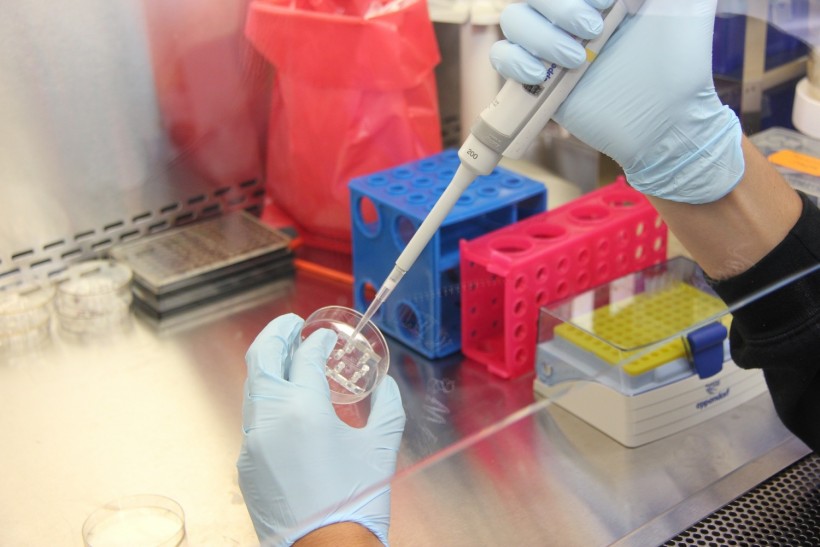Preclinical research with kidney cancer patients was conducted by Karolinska Institutet researchers in Sweden and published in Nature Communications. According to the research, the expression of four particular genes in cancer cells appears to be able to forecast the likelihood that the tumor will spread and the prognosis for the patient.

Laboratory Research
Clear Cell Kidney Cancer
According to Medical Xpress, the most prevalent type of kidney cancer in adults is clear-cell kidney cancer. The prognosis is frequently good if the tumor is contained within the kidneys. However, the five-year survival rate is only about 10% if it hasn't progressed to the skeleton, which happens in about a third of patients.
Checkpoint inhibitors or immunotherapy have recently grown in importance as a treatment option for people with clear cell kidney cancer. However, it is typical for cancer cells to become resistant to the treatment, which may in part be due to elements in the tumor microenvironment, which is the environment that surrounds cancer cells.
According to Ninib Baryawno, a senior researcher at the Karolinska Institutet's Department of Women's and Children's Health, this may one day be used as a tool to better understand the development of the disease at an early stage. Then, it would be possible to regularly monitor patients with cancer profiles that have a high likelihood of spreading so that any tumor growth can be swiftly identified and treated.
Cancer Cell Analysis
Nine individuals with clear cell kidney cancer had samples evaluated in the current study. In order to perform matched comparisons and account for inter-individual variance, the same patient's tumor tissue as well as surrounding normal kidney tissue were both collected. The cells were investigated via single-cell analysis.
This analysis uses a sequencing technology that enables the investigation of each individual cell in the tissue and the gene expression in situations where specific cells have active genes. The researchers also contrasted primary kidney tumor tissue with tissue from skeletal metastases in two patients.
According to the study, a genetic signature made up of four particular genes can predict if a tumor will expand to the skeleton and whether a patient will survive. When these genes (SAA1, SAA2, APOL1, and MET) are overexpressed simultaneously, it signals that the patient is more likely to develop a cancer that spreads and will have a worse prognosis.
In addition, when the researchers looked at tumor cells from bone metastases in seven individuals with metastatic clear cell kidney cancer, they found a correlation between the gene signature and the likelihood of spreading.
ALSO READ: Rare Kidney Cancer Treatment May Be Possible Through Programmed Cell Death
Tumor Microenvironment
Moreover, the study shows that the microenvironment of the tumor inhibits the immune system, and the researchers suggest several possible targets for drugs that may be interesting to investigate further. These were identified through computer simulations of cell interactions.
The study provides important biological knowledge about the interaction between tumor cells and their microenvironment in clear cell kidney cancer, the researchers say.
Adele Alchahin, Ph.D. student at the Department of Women's and Children's Health, Karolinska Institutet, said that they hope that the results will contribute to further investigations of factors that affect the tumor microenvironment. It can ultimately provide new ways to treat relapse and the spread of cancer.
The next stage is to investigate how the local kidney tumor differs from metastases in the bone marrow and skeleton. It would also investigate the differences between bone marrow from healthy individuals and bone marrow from people whose kidney cancer has metastasized to the bones. The researchers are hoping it will aid them in figuring out why immunotherapy fails to treat some kidney cancer patients.
RELATED ARTICLE: Physical Activity Can Reduce The Risk Of Kidney & Bladder Cancer As Inactivity Enhances The Risks
Check out more news and information on Medicine and Health in Science Times.














